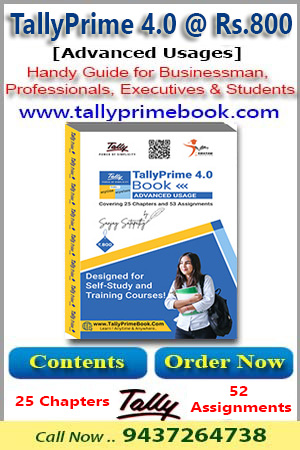Section 80RRB of the Income Tax Act, 1961, provides for a deduction in respect of royalty income received by an individual or a Hindu Undivided Family (HUF) for a patent registered on or after April 1, 2003 under the Patents Act, 1970. This section is aimed at encouraging research and development in the field of patents by providing tax benefits to individuals and HUFs.
To be eligible for the deduction, the individual must be the registered owner of the patent and should have derived income from it. The deduction is limited to the amount actually received or accrued in the previous year. If the individual has received an advance payment, the deduction can be claimed in the year in which the income is actually received.
The following are some examples of patents that are eligible for the deduction under Section 80RRB:
- Inventions
- Designs
- Processes
- New methods of manufacturing
- New applications of known methods or processes
Eligibility Conditions
The following Conditions should be Satisfied in order to claim Deduction under Section 80RRB in respect of any income by way of Royalty on Patents.
Essential conditions for claiming Deduction under this Section 80RRB :
(1) The deduction is available to an individual who is resident in India and is a patentee or co-patentee.
(2) The patent should be registered on or after April 1, 2003 under the Patents Act, 1970.
(3) His gross total income of the previous year includes royalty in respect of such patent.
(4) The individual must furnish a certificate in the prescribed form, issued by the prescribed authority, along with the tax return. The certificate should certify that the patent is registered under the Patents Act, 1970 and that the individual is the registered owner of the patent.
(5) It is also important to maintain proper documentation and records related to the patent and the royalty income. This includes keeping track of the income received, any advance payments, and any expenses incurred in relation to the patent.
(6) The amount of deduction that can be claimed under section 80RRB is limited to the royalty income received or accrued in the previous year. If the individual has received income from multiple patents, the deduction can be claimed separately for each patent.
Maximum Deduction Allowable under this section is limited to the Lower of the following:
a. The income received as royalty in the previous year for the patent.
b. Rs. 3,00,000 (three lakh rupees).
Taxpayers can claim the lower of these two amounts as a deduction when calculating their taxable income.
However, where a compulsory licence is granted in respect of any patent under the Patents Act, 1970, the income by way of royalty for the purpose of allowing deduction under this section shall not exceed the amount of royalty under the terms and conditions of a licence settled by the Controller under that Act.
Further, where any income is earned from any source outside India, only so much of the income shall be taken into account for the purpose of this section as is brought into India by, or on behalf of, the assessee in convertible foreign exchange within a period of 6 months from the end of the previous year in which such income is earned or within such further period as the competent authority may allow in this behalf.
(1) No deduction under this section shall be allowed unless the assessee furnishes a certificate in the prescribed form (Form No. 10CCD) duly signed by the prescribed authority, along with the return of income, setting forth such particulars as may be prescribed.
(2) No deduction under this section shall be allowed in respect of any income earned from any source outside India, unless the assessee furnishes a certificate, in the prescribed form (Form No. 10H) from the prescribed authority, along with the return of income in the prescribed manner.
Where a deduction for any previous year has been claimed and allowed in respect of any income referred to in this section, no deduction in respect of such income shall be allowed under any other provision of the Act in any assessment year.
Example :
Here is an example of how to calculate the deduction under Section 80RRB:
An individual receives a royalty income of Rs. 4 lakhs from a patent that he has developed. The individual's expenses related to the patent are Rs. 50,000.
The individual's net royalty income is Rs. 3.5 lakhs (Rs. 4 lakhs - Rs. 50,000).
The individual is eligible for a deduction of Rs. 3 lakhs under Section 80RRB.
The individual's taxable income is Rs. 50,000 (Rs. 3.5 lakhs - Rs. 3 lakhs).
The individual will have to pay tax on Rs. 50,000. |





